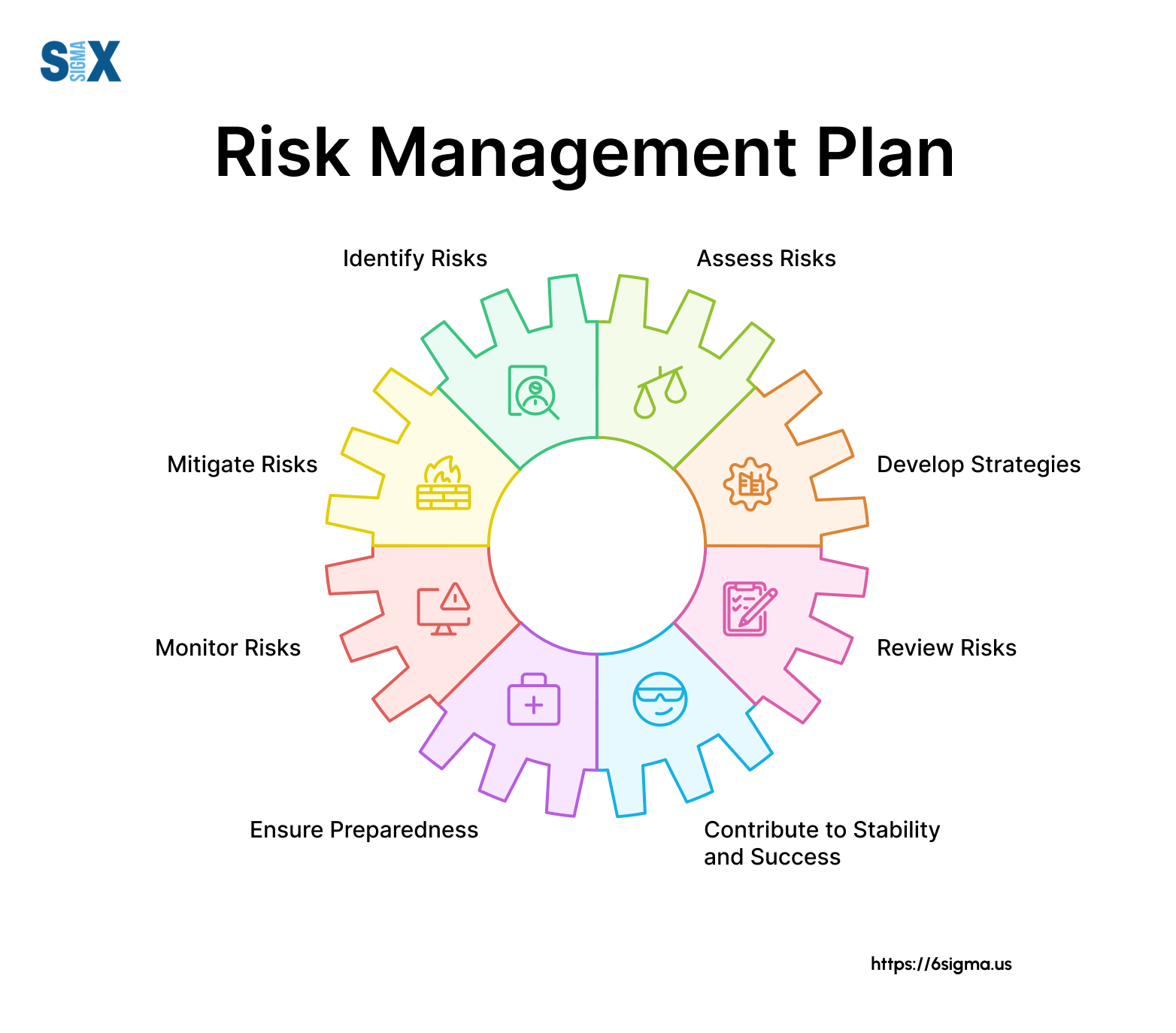Unlocking the True Importance of Risk Management for Sustainable Growth
Unlocking the True Importance of Risk Management for Sustainable Growth
Blog Article
The Significance of Understanding the Importance of Risk Management in Various Industries

The Core Concept of Risk Management and Its Purpose
Risk Management, the cornerstone of numerous markets, rests on the identification, analysis, and mitigation of unpredictabilities in a company atmosphere. It is an integral practice that enables companies to safeguard their possessions, reputation, and general survival. By correctly recognizing potential threats, services can establish methods to either stop these threats from taking place or decrease their influence. The examination procedure involves examining the possibility and possible severity of these threats. The reduction process entails devising methods to decrease their prospective impact when risks have actually been determined and examined. This process is ongoing and intermittent, guaranteeing that services are planned for the ever-changing nature of Risk in different markets. The primary purpose, hence, is to cultivate durability amidst unpredictabilities.
Advantages of Carrying Out Risk Management in Organization Procedures

Introducing the Function of Risk Management in Different Industries
While every industry faces its one-of-a-kind set of dangers, the execution of Risk Management techniques continues to be a common measure in their quest of sustainability and development. In the healthcare sector, Risk Management requires making sure patient security and information protection, while in financing, it includes mitigating investment dangers and guaranteeing regulative compliance (importance of risk management). Building and construction companies concentrate on employee safety, project hold-ups, and budget plan overruns. In the innovation industry, companies alleviate cybersecurity threats and innovation obsolescence. Ultimately, the function of Risk Management throughout markets is to identify, evaluate, and mitigate threats. It is a necessary part of calculated preparation, making it possible for companies to shield their properties, optimize possibilities, and attain their purposes.
Real-life Instance Research Studies Showing Effective Risk Management
To understand the value of Risk Management in these many markets, one official website can look to numerous real-life instances that show the effective application of these steps. Toyota, publish the 2011 earthquake in Japan, modified its supply chain Management to decrease disturbance risks. These situations demonstrate exactly how industries, finding out from situations, effectively applied Risk Management methods to minimize future dangers.
Future Patterns and Developments in Risk Management Approaches
Cybersecurity, as soon as an outer worry, has catapulted to the forefront of Risk Management, with methods focusing on avoidance, reaction, and detection. The assimilation of ESG (Environmental, Social, Governance) elements right into Risk Management is one more expanding pattern, reflecting the increasing acknowledgment of the duty that social and environmental threats play in organization sustainability. Hence, the future of Risk Management lies in the blend of innovative modern technology, ingenious methods, and an all natural approach.
Conclusion
In verdict, recognizing the importance of Risk Management across a spectrum of industries is important for their long life and success. Ultimately, effective Risk Management adds to more sustainable and resistant services, highlighting the value of this technique in today's vibrant and extremely competitive company atmosphere.
While every industry confronts its unique collection of threats, the execution of Risk Management techniques stays a common read the full info here in their quest of sustainability and development. In the health care industry, Risk Management requires making certain patient safety and data security, while other in money, it involves mitigating investment dangers and making sure governing compliance. Inevitably, the role of Risk Management across markets is to recognize, evaluate, and reduce threats. These cases show how markets, learning from crises, efficiently applied Risk Management strategies to reduce future risks.

Report this page